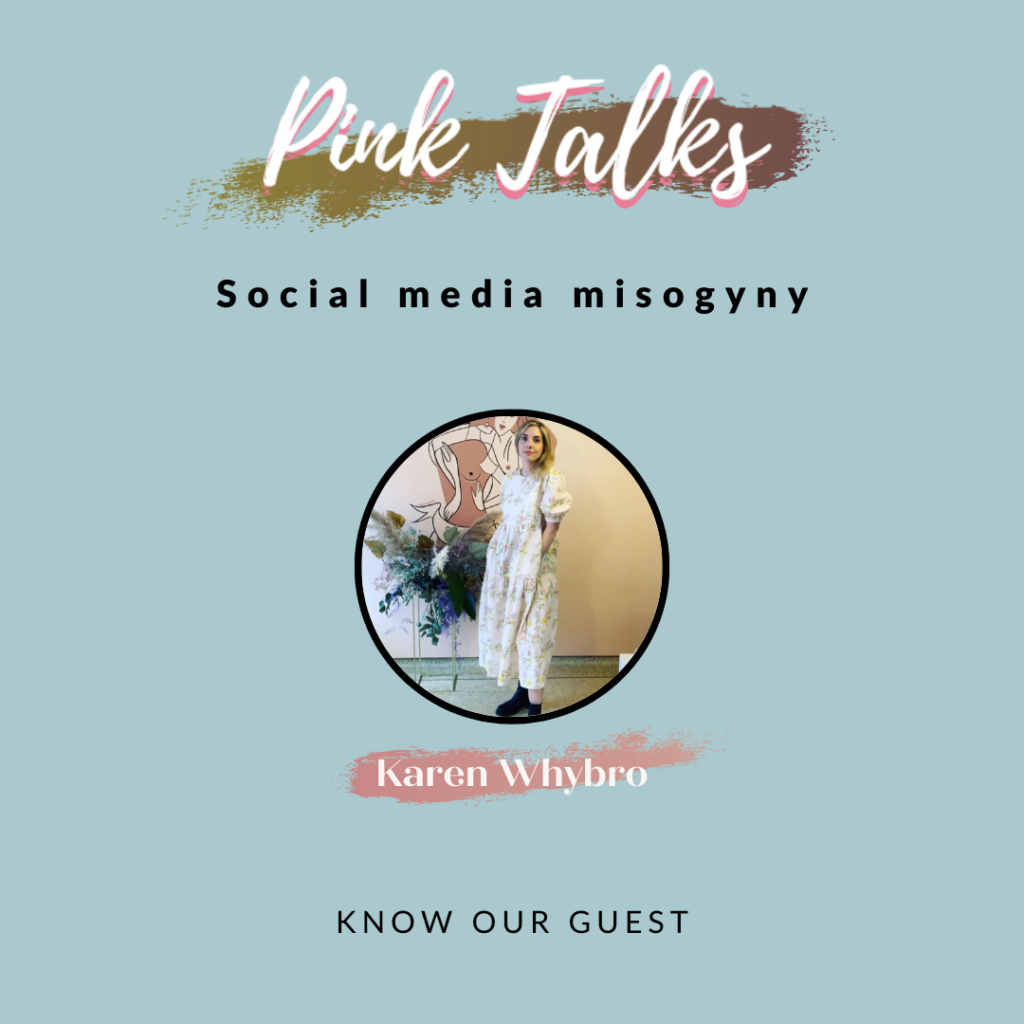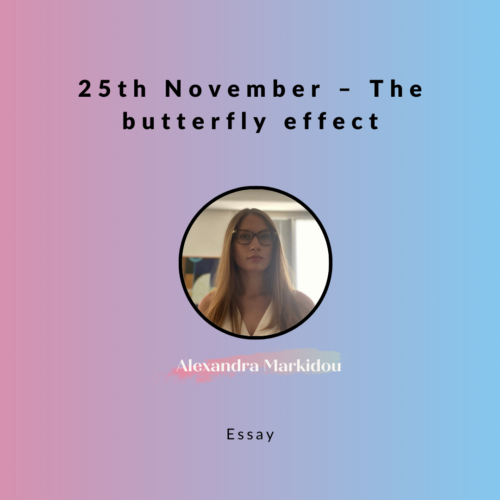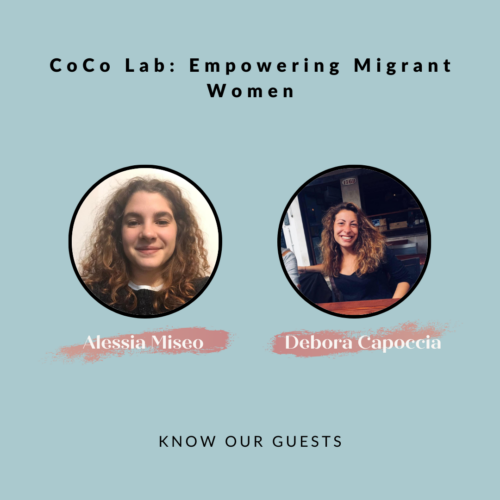We are witnessing a rise in all forms of violence against women and girls. Last year, the UK had the highest-ever reports of rape, bearing in mind that only one in six cases is reported. In the UK, there is a rise in women being killed by their sons. Domestic violence is also increasing. 16 to 24 years old in the UK is the group who’s most likely to experience domestic violence. Women’s representation still misses, and gender equality in the workplace is being held back.
Add to this the online sexism and misogyny, online “life coaches” on success, incel ideology, and cyber-flashing. In this episode, we talked about the online platforms’ role in social media misogyny with Karen Whybro, a women’s safety consultant and Ph.D. student researching the role of the night-time economy in reducing violence against women and girls.
Social media benefit from this content
Social media seems to be the perfect place to facilitate the spread of hate speech. Anonymity encourages users to be more hateful. The Facebook whistleblower, Frances Haugen, said that Facebook is optimizing for content that gets engagement or reactions. Hateful and divisive content is easier to inspire people to anger than it is to other emotions. If they change the algorithm to be safer, people will spend less time on the site, which means less money.
“If you’re not paying to use a service, then you’re the commodity of that service […] you are the product, and social media platforms are using you to make money”, says Whybro. Platforms monetize content that creates extreme reactions because that drives revenue. The Center for Countering Digital Hate has released many reports about how TikTok benefits from very harmful and hateful content. The algorithm is designed with hate.
Tick-box exercises
The problem is platforms use bot systems to answer the first level of reporting. A solution would be replacing bots with humans but ensuring they understand misogyny, violence, and women’s experiences. Otherwise, it would be difficult to overcome the reporting.
These companies have policies but how effective are they? For example, TikTok changing its guidelines to ban misogynistic content and certain words is a good example of a useless policy. Users ended up using code lines. These superficial actions only prove there is no understanding of the impact and real-life harm that comes from the content.
Where does the hate come from?
The basis of Whybro’s Ph.D. is the origins of hate against women. She analyzed data on comments and observed different online psychologies and typologies of responses. The reactions always come from a place of defensiveness. From sexism to misogyny and explicit violence, everything is formed from male sexual entitlement. We teach boys they’re powerful but when handed power, it corrupts.
It is the reason young people are attracted to “life coaches” or “dating coaches” and their rhetoric. Young men want a step-by-step plan for becoming rich and powerful. They look for the position and status of men they’re following online. This is the point where capitalism intersects with misogyny.
Social media platforms target a specific age group that cannot easily legitimize the content in accordance with reality. Teenagers are constantly engaged online in a space obsessed with hate, gender war, and the idea that men are being attacked.
If you improve safety for women, you improve safety for everybody
We asked ourselves how we could reach men and open honest conversations where men are equally active and engaged. Pushing them out, blaming, shaming, and finger-pointing serve no purpose, it only gets worse. We have to change the “men are the problem” discourse into “you can be part of the solution”. We should focus instead on our similarities and shared values and understand that we’re all responsible to keep each other safe.
Start having conversations with your male partner, family members, friends, colleagues, and within your community, so we create a ripple of positive changes.
Show resources

Karen Whybro is a women’s safety consultant who advises local authorities, businesses, and organizations on improving women’s safety and ending violence against women and girls through creating culture-centered “safe spaces”. She is also a Ph.D. student at Portsmouth University researching the role of the night-time economy in reducing violence against women and girls.
counterhate.com



